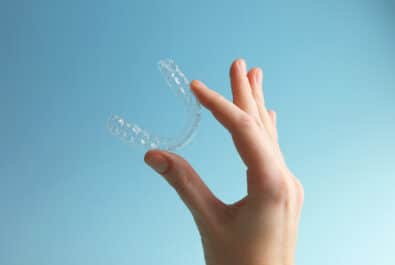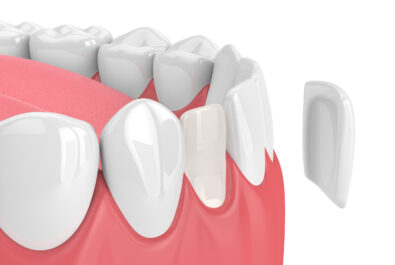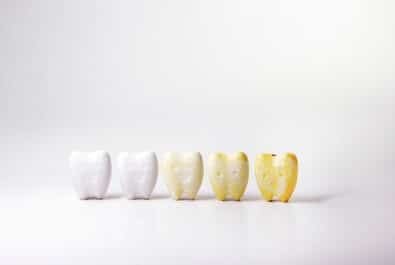When most people think of oral health, their teeth, gums, and other soft tissues are the first thing that comes to mind – rarely do people think about the condition of their jawbone. However, jawbone loss can not only change the size and shape of your jaw and face, but it can be detrimental to your oral health entirely. So, what causes jawbone deterioration? There are actually several different oral conditions and circumstances that can lead to bone loss – gum disease, facial trauma, and tooth loss are just a few. Fortunately, many of these conditions are preventable. But, even if they weren’t, modern dentistry may be able to protect the shape and structure of your jaw after all!
How Tooth Loss Affects Your Bone
Your jawbone relies on the stimulation from the roots of your teeth to maintain its shape and growth. Whether you’ve lost a tooth or had to have one extracted (that isn’t your wisdom tooth), it can actually cause jawbone deterioration in the area where the stimulation is missing. Like most other dental complications and conditions, when left untreated – the amount of bone you can lose will only increase.
However with tooth loss, you may need to consider your restoration options to fill the gap. Dental implants, in particular, are the only restoration option that can restore this jawbone stimulation to protect your bone.
Can You Rebuild Lost Bone?
You may be thinking that dental implants sound like the perfect option for you – and they just may be! Although, they do require an adequate amount of bone density. Fortunately, replacing lost bone is easier than ever these days (thanks to modern dentistry). Depending on your situation, your dentist may recommend a bone grafting procedure to help rebuild your lost bone.














